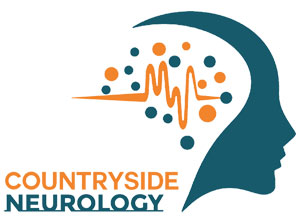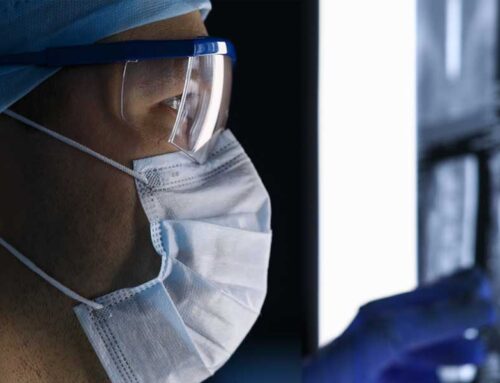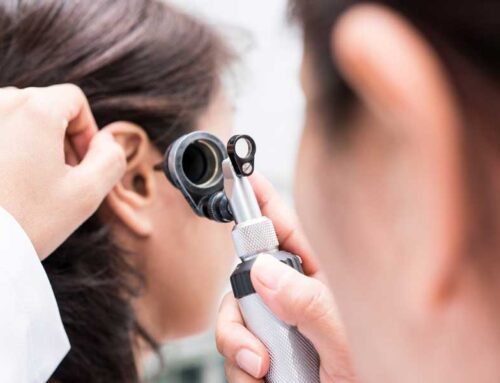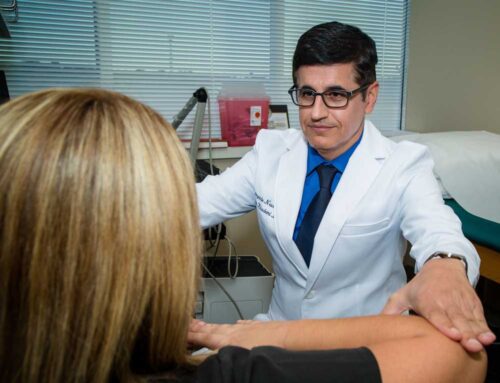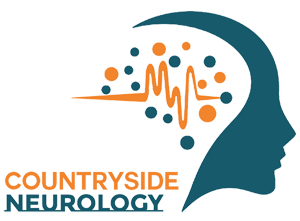Transcranial Magnetic Stimulation (TMS) therapy has shown promise as a potential treatment for certain symptoms associated with Parkinson’s disease. TMS therapy may offer benefits in the following ways:
- Motor Symptom Improvement: Parkinson’s disease is characterized by motor symptoms such as tremors, stiffness, and bradykinesia (slowness of movement). TMS therapy has been studied as a non-invasive method to improve motor symptoms by stimulating specific areas of the brain involved in motor control. It may help modulate cortical excitability and restore the balance of neural activity, potentially leading to temporary improvements in movement and motor function.
- Non-Pharmacological Approach: TMS therapy offers a non-pharmacological alternative for individuals with Parkinson’s disease who may experience side effects or have limitations in medication management. It provides a potential adjunct or alternative therapy that does not involve systemic medications, potentially reducing the burden of medication-related side effects.
- Gait and Balance Enhancement: Parkinson’s disease can affect gait and balance, leading to instability and an increased risk of falls. TMS therapy has been explored as a means to improve gait and balance by stimulating specific brain regions involved in motor planning and coordination. By modulating these areas, TMS therapy may help enhance gait patterns and balance control.
- Potential Effects on Mood and Cognition: Parkinson’s disease can be associated with mood disorders and cognitive changes. TMS therapy has demonstrated benefits in treating depression, and studies have suggested potential cognitive improvements in certain domains.
- Personalized Treatment: TMS therapy can be customized to each individual’s needs. Treatment parameters, including the location, intensity, and frequency of stimulation, can be tailored to target specific brain regions and address specific symptoms. A personalized approach ensures that treatment is optimized for the unique needs and responses of each person with Parkinson’s disease.
If you or a loved one has Parkinson’s disease and are interested in TMS therapy, it is crucial to consult with a neurologist. Countryside Neurology now offers in-office TMS therapy with our state of the art Apollo machine. For more information and to schedule an initial consultation, contact our office at 727-712-1567.
Sources:
ChatGPT
